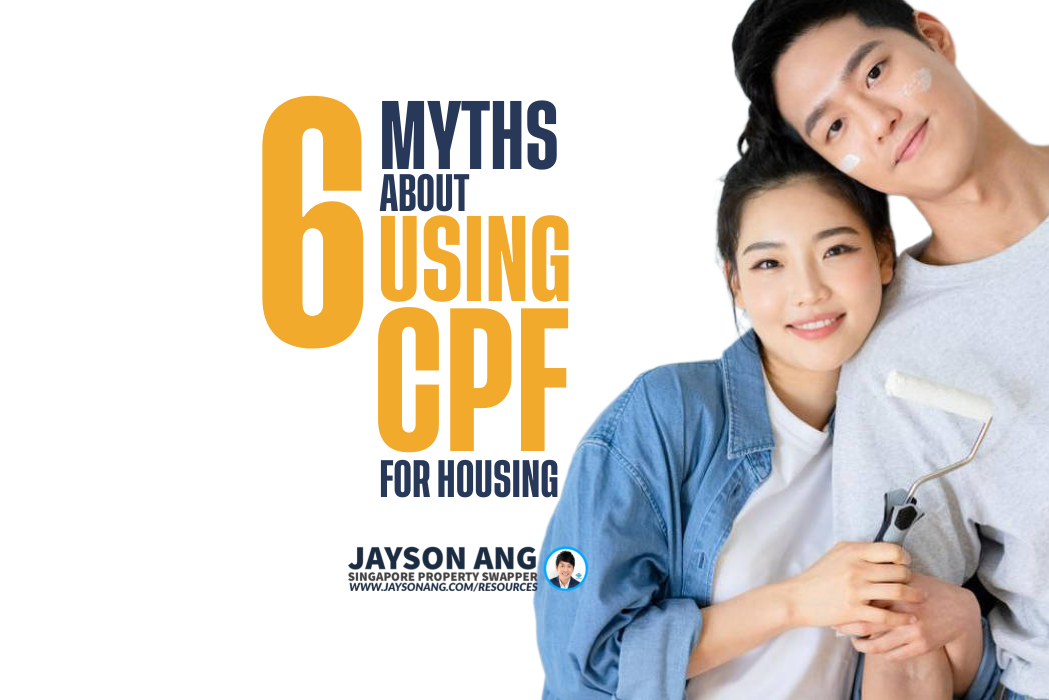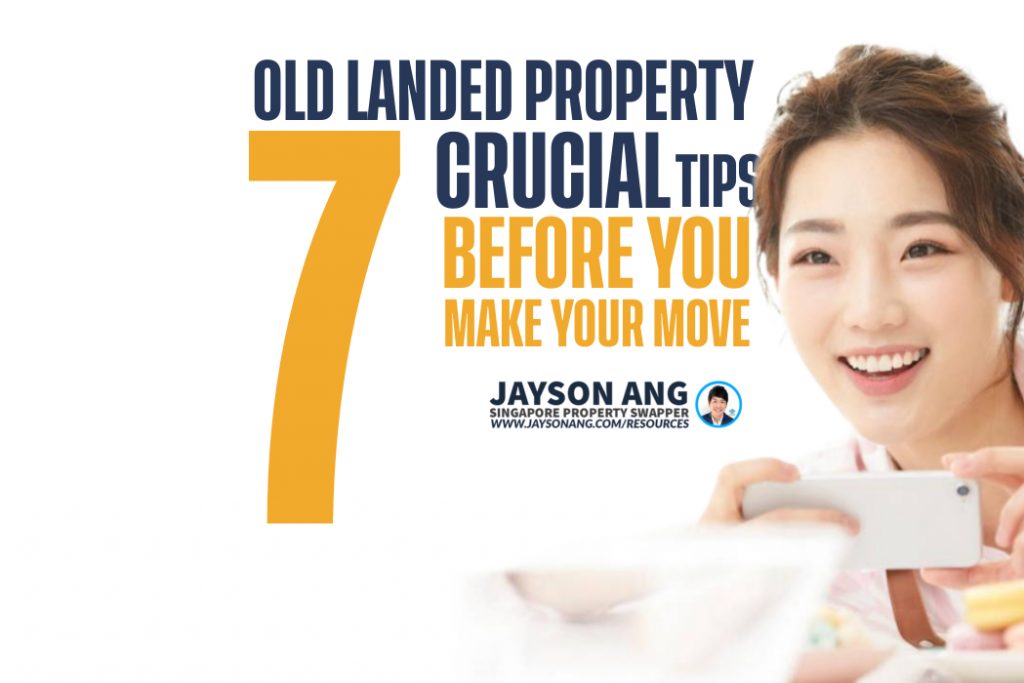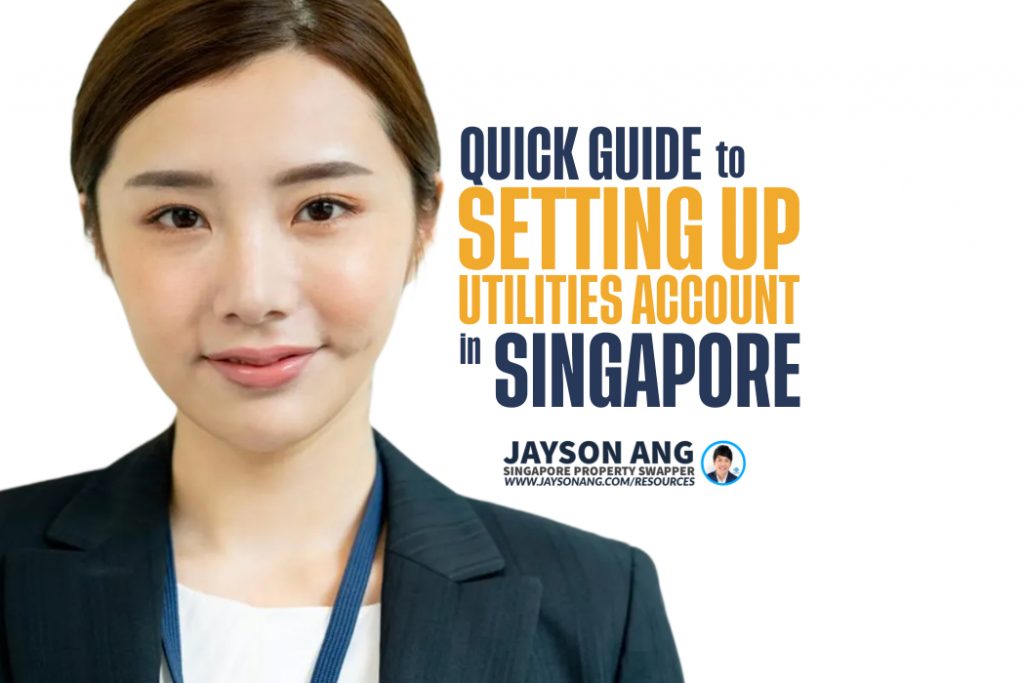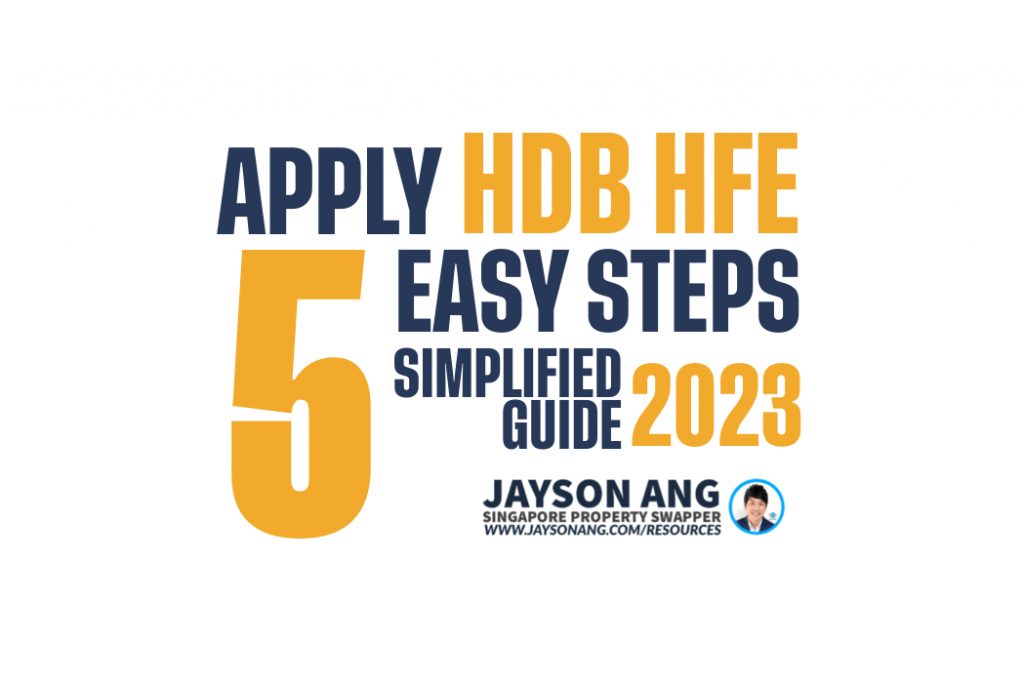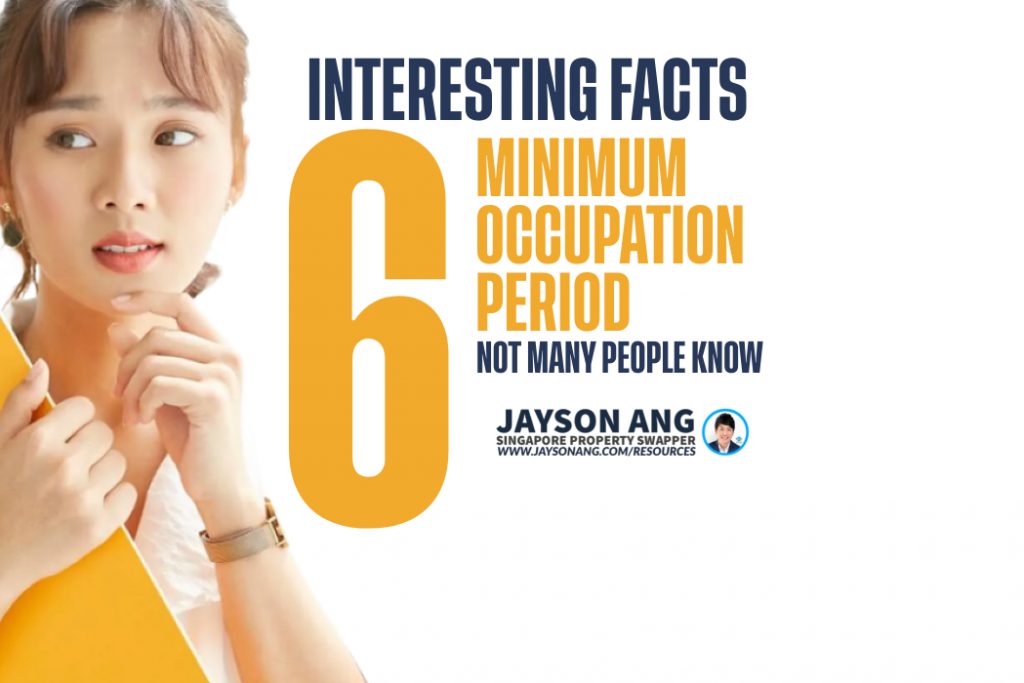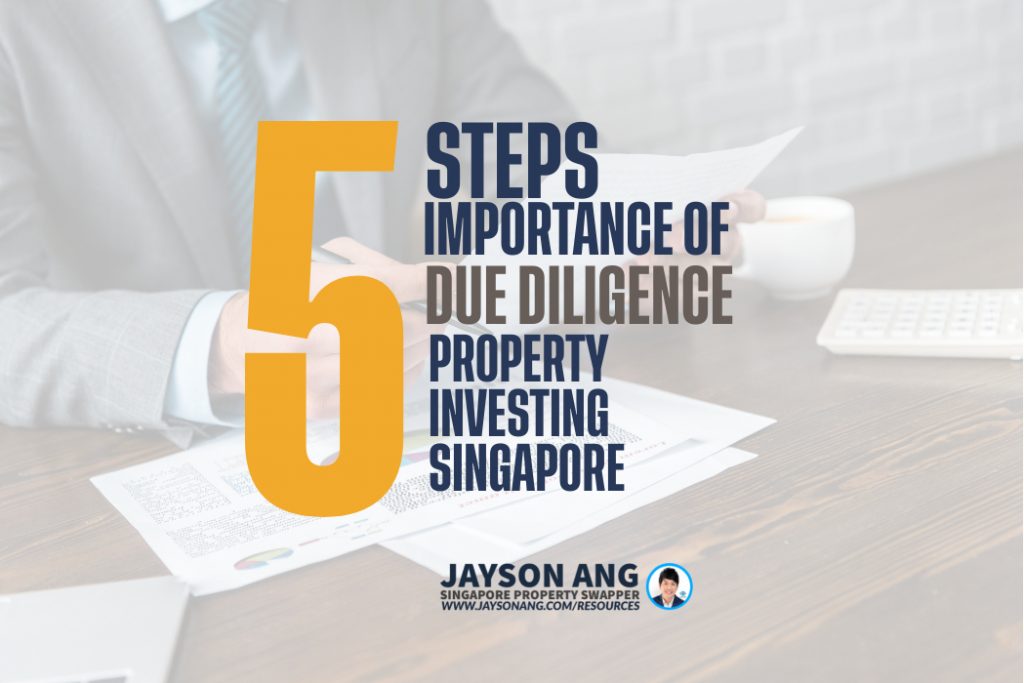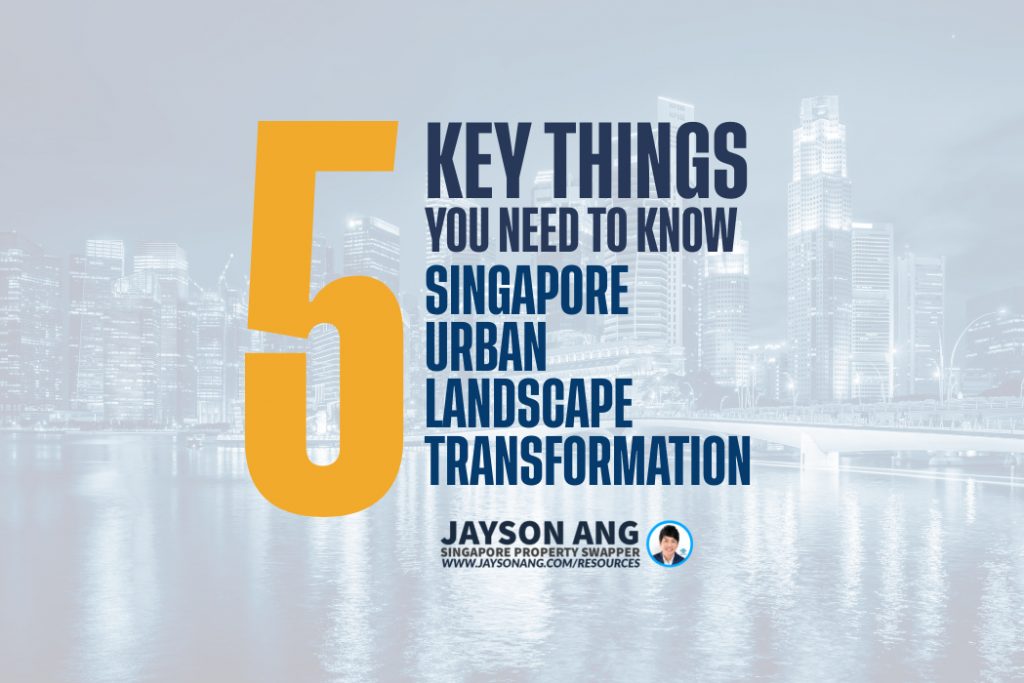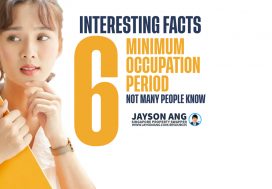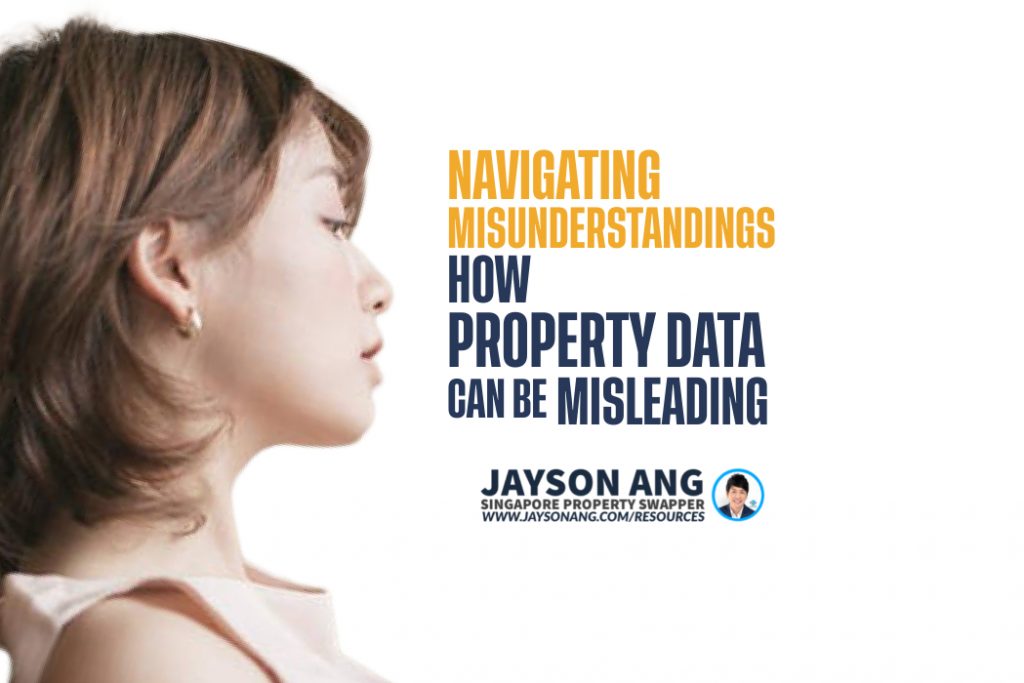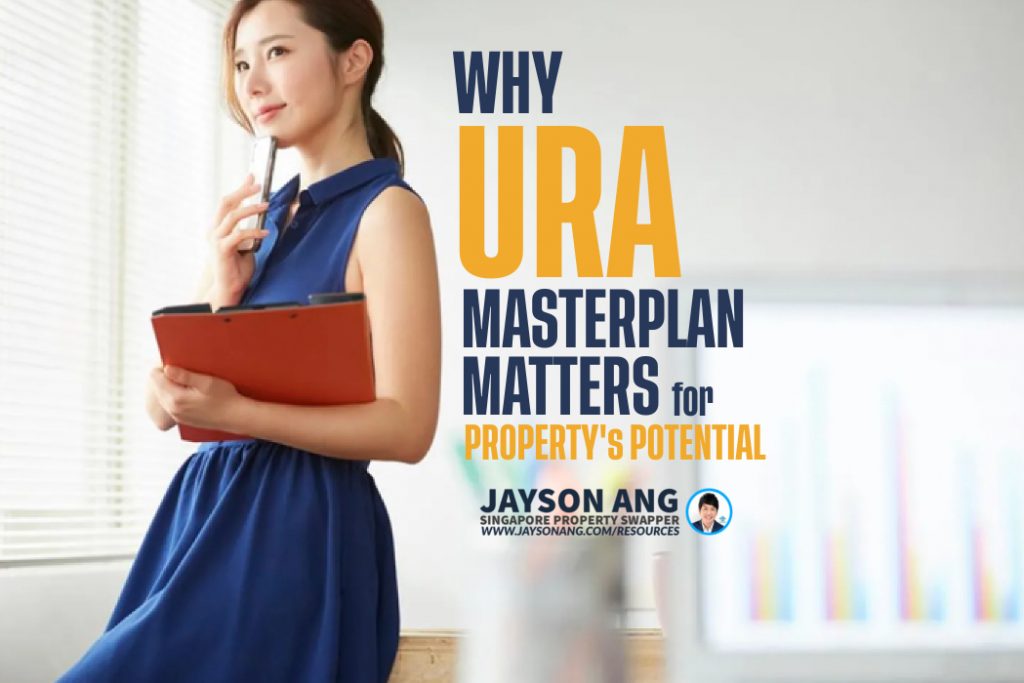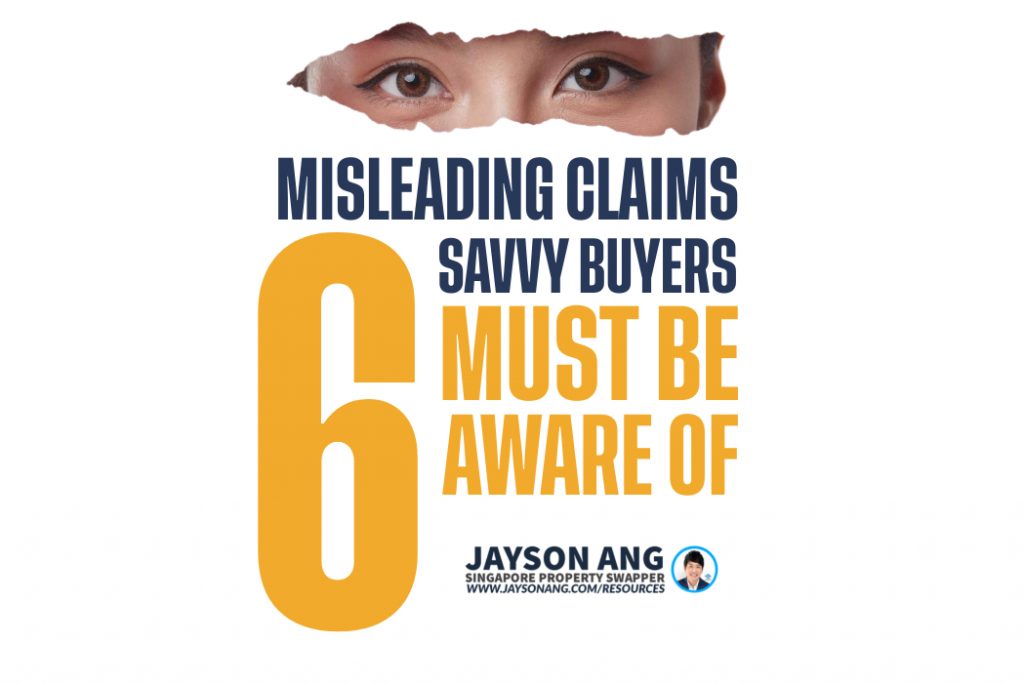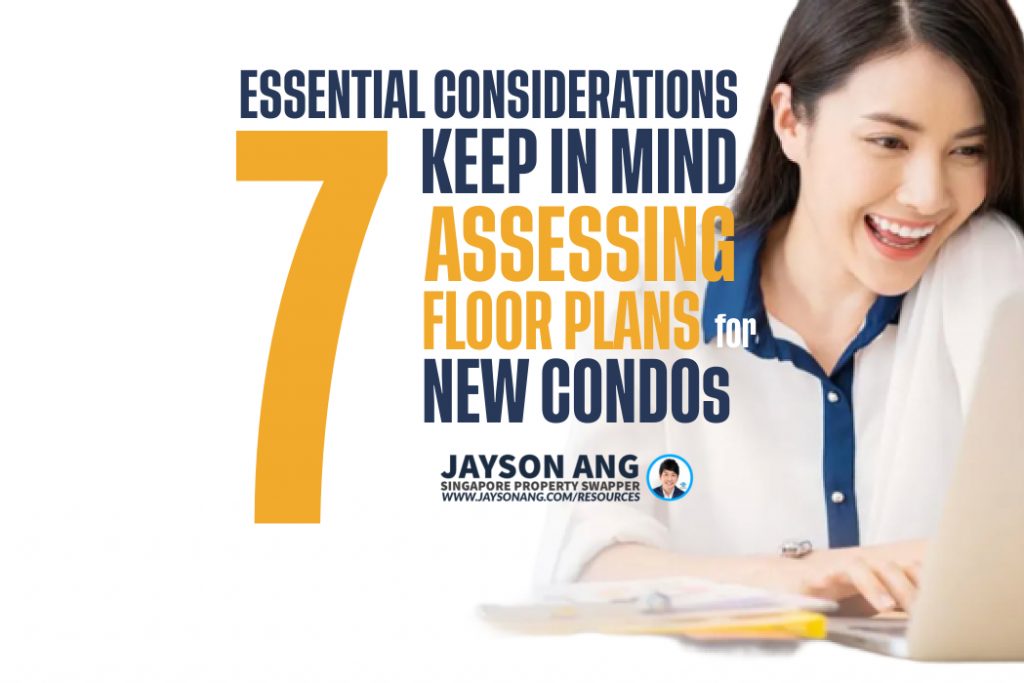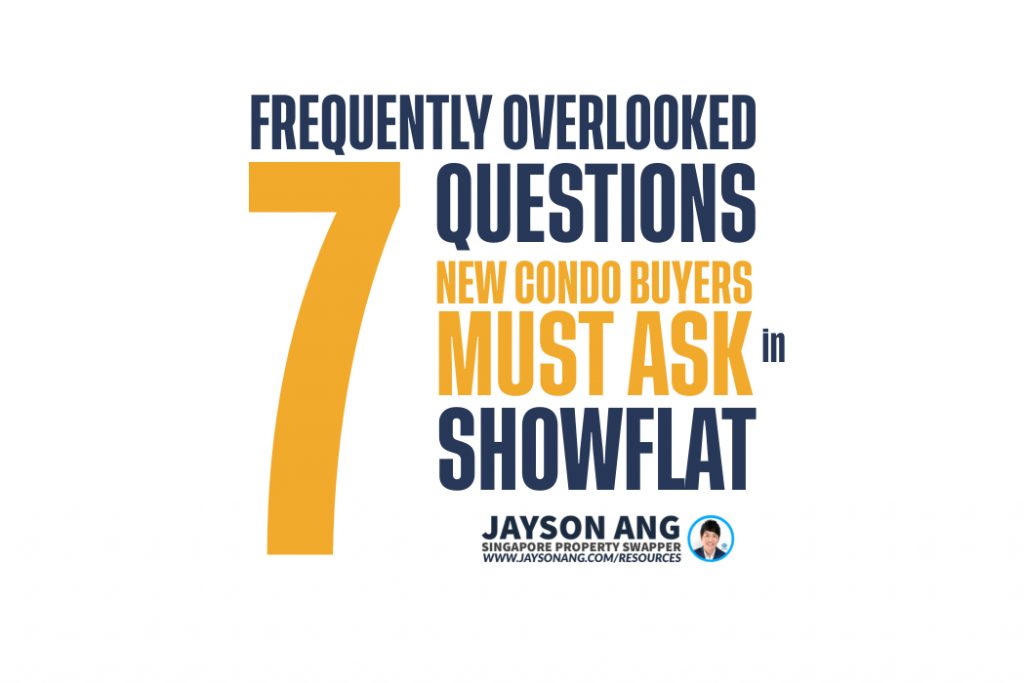TLDR
When it comes to purchasing a house in Singapore using CPF funds, there are several myths that need to be debunked. From the misconception that grant money needs to be returned to the government to the belief that CPF funds can only be used for HDB loans, there are various aspects to consider. It’s important to understand that grant money does not need to be repaid to the government but returned to the CPF account with interest. Additionally, when selling a house at a lower price, you only need to return the actual cash value without any additional payment. It’s crucial to retain a portion of your CPF Ordinary Account funds when taking an HDB loan and to be aware of the CPF housing limits based on the remaining lease duration. Moreover, CPF funds can be used for both HDB and private property loans, with certain differences in Loan-To-Value percentage. Finally, even at 55 years old, you can still utilize your CPF OA for housing needs without affecting retirement payouts if you remain employed.
Are you aware of the myths around CPF and how it can help with purchasing a flat?
Let us clear things up for you so you can confidently make your home-buying decision!
As Singaporeans, we may grumble about a large part of our salary going into our CPF accounts – but when it comes to buying a house, it’s practically a gift from the gods!
Suddenly you’ve got access to a huge fund that can be used instantly. To those who are unfamiliar with the process, purchasing property may mean completely emptying out all your CPF accounts and topping up the additional amount.
However, there are countless aspects to using your CPF that will make you rethink how you use it for your home purchase.
Have you ever wondered whether the grant money from the government needs to be paid back, or if CPF funds are only accessible if an HDB loan is taken?
Well, if you or anyone you know has been misled by any of these common CPF house-buying misconceptions, it’s time to stop the misinformation and gets the facts straight.
Myth #1 – Grant Money Has To Be Returned To The Government
It’s often said there’s no such thing as a free lunch, however this does not apply when it comes to housing grants. The government can provide homebuyers with monetary assistance depending on their income, who they’re living with, the size of their home, and the proximity to their parents’ house.
So, take advantage of these fantastic housing grants :
- Enhanced Housing Grant (EHG) — up to S$80,000
- Family Grant (FG) — up to S$50,000 for resale flats and up to S$30,000 for ECs
- Proximity Housing Grant (PHG) — up to S$30,000
- Singles Grant — up to S$25,000
It is a common misunderstanding that grant money must be given back to the government when selling a home, but this is not the case!
Rather, the grant money must be returned to the CPF account, along with the interest of 2.5%. This ensures the grant money you had originally credited to your CPF Ordinary Account will not be deprived of the regular 2.5% annual interest it can earn.
Paying back the grant money and accrued interest may feel like a burden, yet the money is still yours to keep!
Myth #2 – If The Sale Of My House Resulted In A Negative Sale, I Still Need To Make Up The Difference To My CPF In Cash
It’s no secret that you must return the original sum of money with a 2.5% interest to your CPF account in order to prevent people from taking their funds out of the CPF prematurely by buying and selling a house.
But what if you’ve sold your home at a lower price than what you paid? Many think you’ll have to replenish the gap with cash into your CPF account.
Despite what some may think, you don’t have to pay the government anything that isn’t part of the actual cash value of your home.
For instance, if you purchased your house for S$600,000 but sold it for S$550,000 (including interest), you would just need to return the S$550,000 to your CPF account – no need to pay any extra money.
Myth #3 – I Can Secure A HDB Housing Loan Without Needing To Draw From My OA Funds
If you’re considering taking an HDB loan, you should retain up to S$20,000 of your available CPF Ordinary Account (OA) funds.
That way, you can have a financial cushion to fall back on in case of any unforeseen circumstances and avoid late payment penalties.
The remaining balance must be used to cover the purchase of the flat before the loan is taken up. So, the CPF Board advises setting aside the full S$20,000 in your OA.
Myth #4 – I Can Wipe Out My Entire OA To Pay For My House
Although it may be contrary to what was mentioned before. Sure, you can use funds from your OA to buy a home, but that is contingent on the house you’re getting.
Starting May 10, 2019, the total CPF savings you can use to cover either the initial purchase or the monthly mortgage payments of your flat will depend on the duration of the remaining lease; it must last until the youngest buyer is 95.
When purchasing a BTO flat or a recently MOP-ed resale flat, you’ll likely be able to finance your entire purchase with your OA funds.
But if there are only a few years left on the lease, be sure to check the guidelines to understand how much of your OA funds can be put towards the purchase.
Myth #5 – I Can Only Use CPF for HDB Loans
It is commonly believed that CPF funds are restricted to the repayment of HDB Concessionary Loans.
Nonetheless, there is no such limitation when it comes to repaying bank loans. You can apply your CPF money to both HDB or private properties.
But be aware of the Loan-To-Value (LTV) percentage that differ between HDB and bank loans.
You are eligible up to 85% of the purchase price for HDB loans and only 75% for bank loans, meaning that you’ll need to pay a higher down payment for a bank loan as opposed to an HDB loan.
Myth #6 – I Can’t Pay For My Home Loan With My CPF When I Reach 55
Once you hit 55, your Retirement Account will be set up for you automatically with your CPF SA savings transferred first, followed by CPF OA savings to fulfil the Retirement Sum.
You can still take advantage of the CPF OA to cover your housing needs without it affecting your retirement payouts – provided you remain in employment and actively earning an income.
At 55, you have the option to reserve your OA savings for your house before it is transferred to your Retirement Account. Yet, any unallocated savings in your OA account will be relocated to your RA by the CPF Board.
- No payments are made for your property for six months
- You have not started using your CPF savings for your house for five years
- Your property is sold
- When the purchase of the property is aborted
It’s possible that certain CPF housing limits may still be in effect to stop homeowners from recklessly using their loan repayments for housing, sacrificing their retirement savings in the process.
Should You Buy, Sell or Wait?
If you’re reading this, you must be trying to figure out the best course of action right now: is it the right time to buy or sell?
It’s difficult to give an exact answer since everyone’s situation is unique and what works for one person may not necessarily work for you.
I can bring you a wealth of on-the-ground experience and a data-driven approach to provide clarity and direction. From beginners to experienced investors, our top-down, objective approach will help you on your real estate journey.
I can help you by:
- Offering Strategic Real Estate Advice – I can help create a comprehensive plan to guide you through your property journey.
- Connecting Your Home with the Perfect Buyers – Through stunning visuals, an effective communication strategy, and an in-depth knowledge of the market, we’ll ensure your home is presented in the best possible way to fulfill your goals.
You May Also Like …

